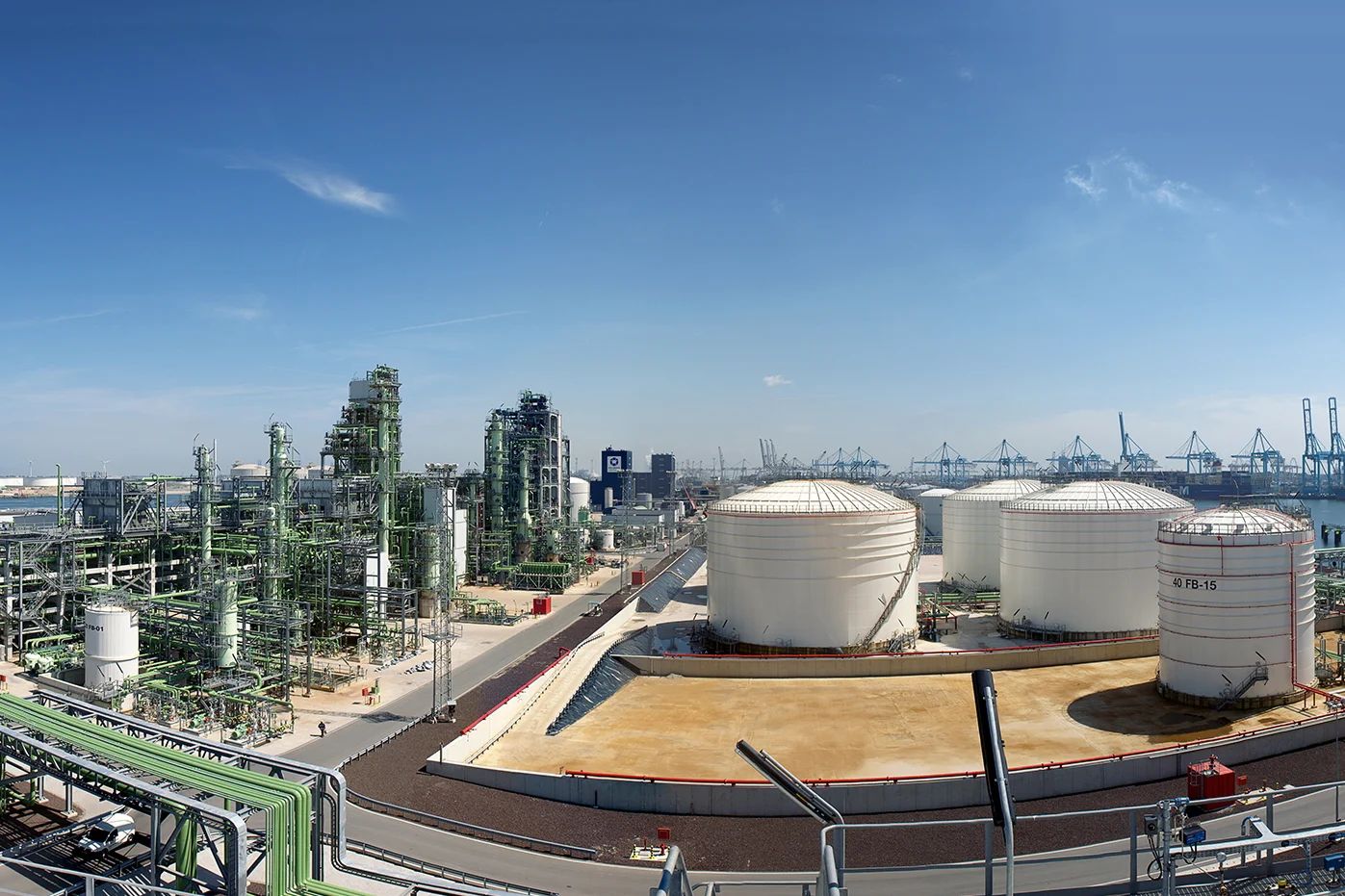Choosing a refinery and avoiding scams

Choosing a refinery and avoiding scams requires careful research and due diligence. Here’s a guide to help you navigate this process effectively:
1. Research the Refinery's Background
Check the Refinery's Reputation: Looking into the refinery's history, customer reviews, and industry reputation. Verify their track record in delivering consistent, high-quality products.
Certifications and Compliance: Ensure the refinery is certified and complies with industry standards, such as ISO certifications or environmental regulations.
Corporate Information: Verify the refinery’s legal status, ownership, and financial health. Check official records or databases like Dun & Bradstreet for legitimacy.
2. Verify Physical and Operational Presence
Visit the Site: If possible, visit the refinery to confirm its operational capacity and infrastructure.
Third-Party Verification: Use a trusted third party to inspect or audit the refinery’s facilities and operations. This could include SGS, Bureau Veritas, or similar firms.
Ask for References: Request references from previous clients, and contact them to inquire about their experiences.
3. Review Documentation and Contracts Carefully
ICPO and CI Validation: Ensure the refinery follows standard protocols for issuing ICPOs (Irrevocable Corporate Purchase Orders) and CIs (Commercial Invoices). Verify that all documents are official and verifiable.
Legal Contracts: Engage a legal professional to review contracts for clauses that protect your interests, and make sure terms are clear about product specifications, delivery, payment, and dispute resolution.
Payment Terms: Be cautious of unusual payment terms, especially if upfront payments or unconventional financial arrangements are requested.
4. Assess the Refinery’s Trading Partners
Authorized Traders: Work with traders who are authorized by the refinery. These traders often have established relationships and can vouch for the refinery’s credibility.
Buyer-Seller Communication: Establish direct communication between the buyer and seller to ensure transparency and reduce the chances of miscommunication or fraud.
5. Conduct Due Diligence on the Tank Farm
Tank Farm Verification: If storage is involved, ensure the tank farm is certified and operational. Verify tank numbers, capacity, and location.
Logistics Coordination: Confirm that the refinery has a reliable logistics network, including transport and storage facilities.
6. Beware of Common Scam Indicators
Too-Good-to-Be-True Offers: Be wary of deals that offer significantly below-market prices or overly favourable terms.
Unsolicited Offers: Be cautious of unsolicited offers or brokers who cannot provide verifiable credentials.
Pressure Tactics: Scammers often use pressure tactics to rush decisions. Legitimate refineries will allow time for due diligence.
Lack of Transparency: If a refinery is reluctant to share information, conduct site visits, or allow third-party audits, it could be a red flag
Share :
 English
English
 Chinese
Chinese

Add New Comment